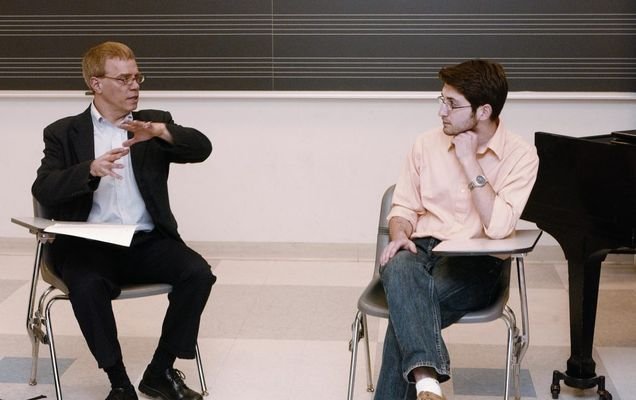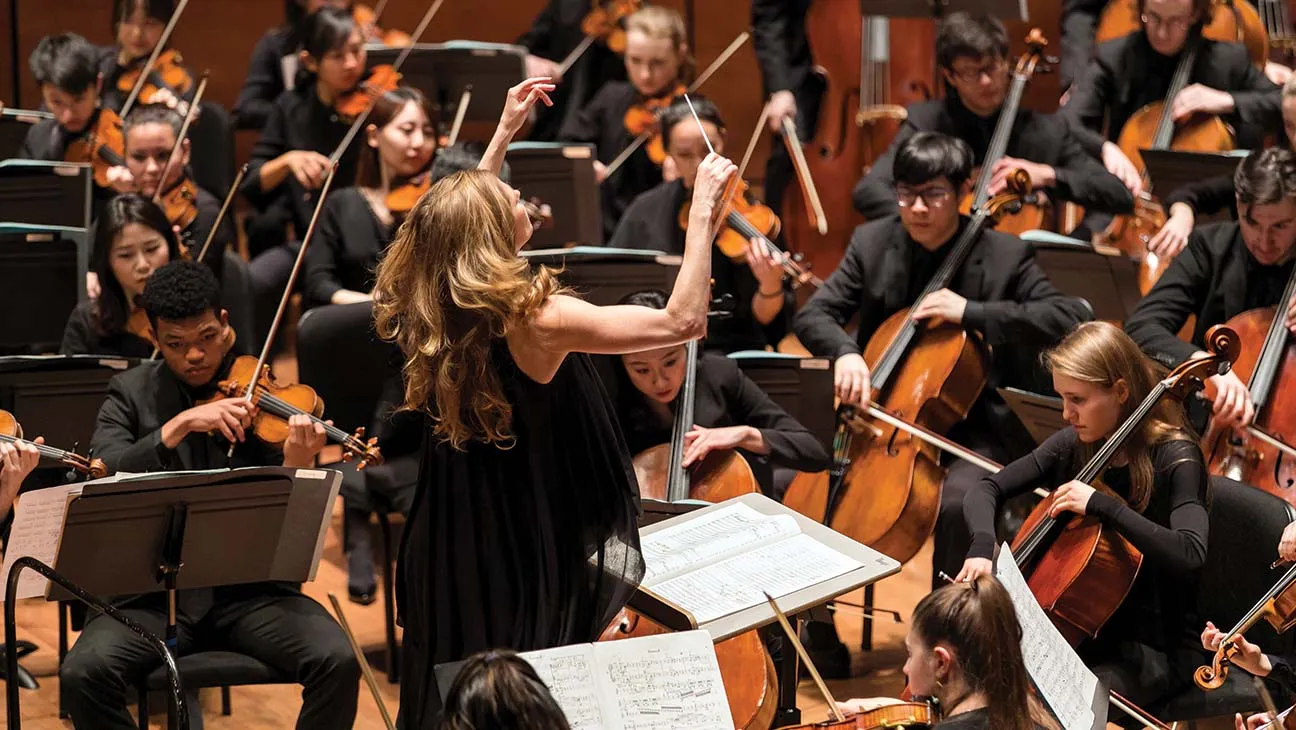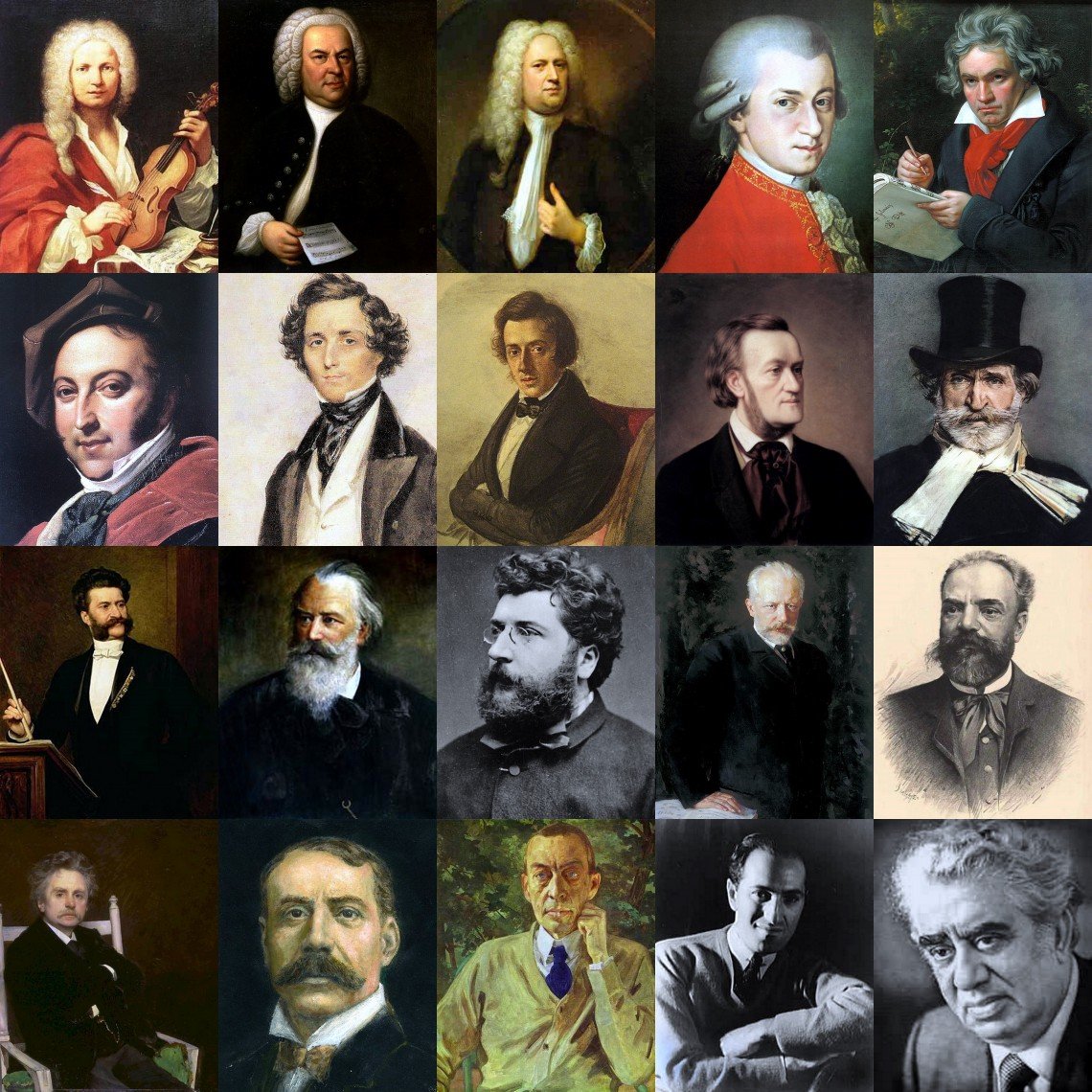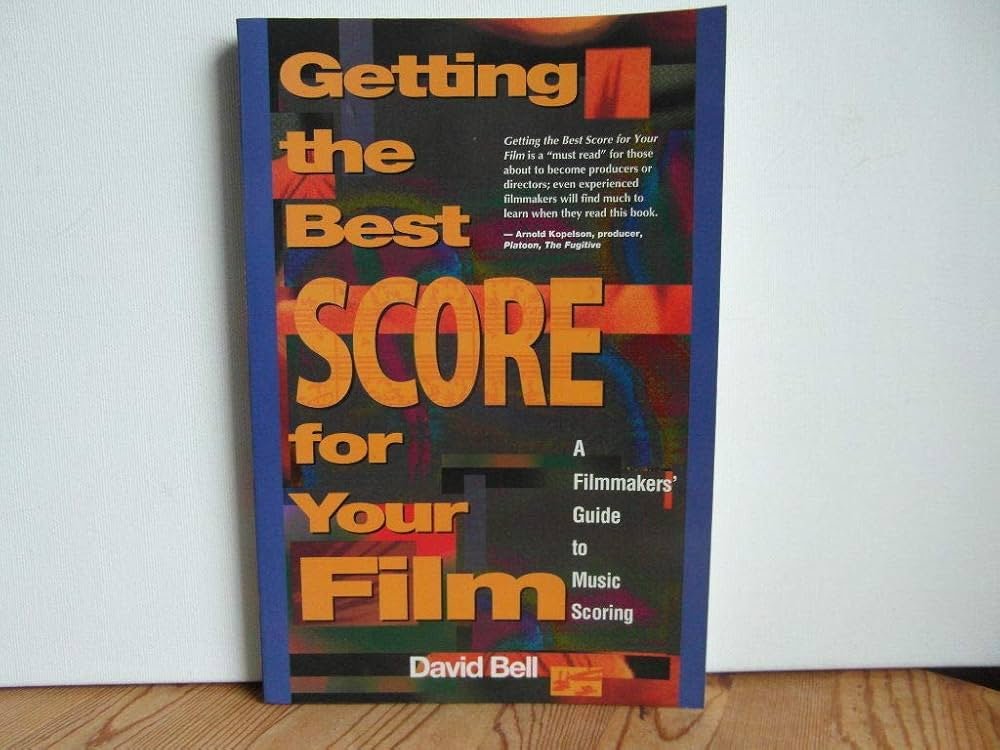Breaking into film scoring as a music composer can be a challenging yet rewarding career path. Composing music for films requires not only musical talent but also a deep understanding of storytelling, timing, and the emotional impact music can have on a movie. This article will guide you through the essential steps to help you launch your career in film scoring and stand out in this competitive industry.
1. Develop Your Musical Skills and Knowledge
Master Music Theory
A solid foundation in music theory is crucial for any composer. Understanding how harmony, melody, and rhythm work together allows you to create music that complements the emotional tone of a film. Study classical music, jazz, and contemporary genres to broaden your musical vocabulary and style.
Learn Orchestration and Arrangement
Film scoring often involves working with orchestras or creating orchestral-like sounds. Learn how to arrange and orchestrate music for different instruments and how to write for various ensembles. Familiarizing yourself with orchestral instruments and their range will allow you to write more authentic and rich scores.
Embrace Technology and Digital Tools
While traditional composition is still important, modern film scoring often involves working with digital audio workstations (DAWs), synthesizers, and other electronic tools. Learn to use industry-standard software like Logic Pro, Ableton Live, or Pro Tools. Familiarize yourself with virtual instruments and sample libraries to create realistic sounds.
2. Gain Experience in Film Scoring
Start with Short Films or Student Projects
One of the best ways to break into film scoring is by working on smaller projects like short films or student films. These projects give you the opportunity to showcase your skills and build a portfolio. Reach out to film schools or independent filmmakers who may need original scores for their work.
Collaborate with Filmmakers
Networking with independent filmmakers is crucial. Attend film festivals, industry events, or online communities where filmmakers and composers gather. By collaborating with filmmakers early in your career, you can get your music featured in real-world projects.
Score Independent Projects
Look for independent films, documentaries, or even YouTube channels in need of original scores. These projects allow you to experiment with different styles of music and further hone your craft. Make sure to create music that fits the tone and style of the project, showing your versatility as a composer.
3. Build a Portfolio
Create a Showreel
A well-organized showreel is essential for showcasing your film scoring abilities. Keep it short—2-3 minutes of your best work. Include clips from various types of projects to highlight your range, such as action scenes, emotional moments, and quiet, intimate scenes. Tailor your reel to reflect the kind of work you want to pursue.
Record Original Compositions
In addition to film work, create original compositions and arrangements to showcase your talent. These pieces can demonstrate your skills in creating memorable melodies, orchestration, and emotional depth. Use these compositions to attract the attention of film directors, producers, and agents.

4. Network and Connect with Industry Professionals
Attend Film Festivals and Events
Film festivals are a great place to meet filmmakers, producers, and other composers. By attending networking events, workshops, and panel discussions, you can build relationships with key players in the industry. Networking with fellow composers may also lead to collaborations or opportunities for mentorship.
Reach Out to Music Supervisors and Agents
Music supervisors play a key role in selecting the right composer for a film. Research the music supervisors who work on projects in the genre you want to pursue, and consider reaching out to them with a personalized email, including your showreel or a link to your portfolio.
Utilize Social Media
Social media platforms like LinkedIn, Instagram, and Twitter can help you connect with filmmakers, fellow composers, and industry professionals. Join relevant groups, share your work, and participate in online discussions to increase your visibility and credibility within the film scoring community.
5. Understand the Business of Film Scoring
Know How to Market Yourself
Understanding how to market yourself as a composer is essential. Create a website or online portfolio where filmmakers can easily find your work, learn about your background, and contact you. Consider joining composer directories or agencies that specialize in connecting composers with film projects.
Understand Contracts and Licensing
Learn about contracts, licensing, and royalties in the film industry. Familiarize yourself with the terms used in film scoring contracts, including work-for-hire agreements, licensing fees, and ownership rights. Having a basic understanding of the business side of film scoring will help you negotiate fair compensation for your work.
6. Stay Persistent and Continue Learning
Breaking into film scoring takes time, dedication, and resilience. Keep honing your craft, experimenting with new techniques, and learning from experienced composers. Stay persistent in your pursuit, and don’t be discouraged by setbacks or rejection. Many successful film composers started with small projects and built their careers over time.
Conclusion
Breaking into film scoring as a music composer is an exciting challenge that requires talent, determination, and strategic networking. By building a strong portfolio, gaining hands-on experience, and connecting with industry professionals, you can increase your chances of success in the competitive world of film music. Remember to keep learning, evolving, and embracing new opportunities, and you’ll be on your way to composing music for films in no time.







